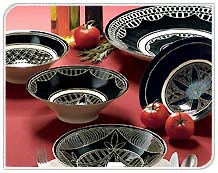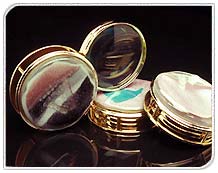 As
the seat of empires for centuries, and with royalty as patrons, Delhi has long
been a cultural center, attracting the best of painters, musicians and dancers.
Though today's patrons have changed, Delhi is more than ever the cultural capital
of the country, and is also visited by foreign dancers, musicians and theatre
groups en route to the Far East.
As
the seat of empires for centuries, and with royalty as patrons, Delhi has long
been a cultural center, attracting the best of painters, musicians and dancers.
Though today's patrons have changed, Delhi is more than ever the cultural capital
of the country, and is also visited by foreign dancers, musicians and theatre
groups en route to the Far East. plays,
to regional theatre, as well as folk forms. Delhi's numerous art galleries reflect
the country's burgeoning art scene. Well-known and new artists from all over
the country display their works in these galleries. Notices of exhibitions are
given in daily newspapers and specific city magazines.
plays,
to regional theatre, as well as folk forms. Delhi's numerous art galleries reflect
the country's burgeoning art scene. Well-known and new artists from all over
the country display their works in these galleries. Notices of exhibitions are
given in daily newspapers and specific city magazines.